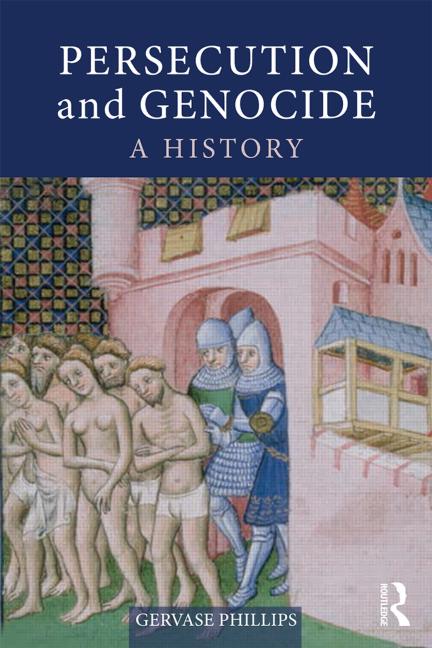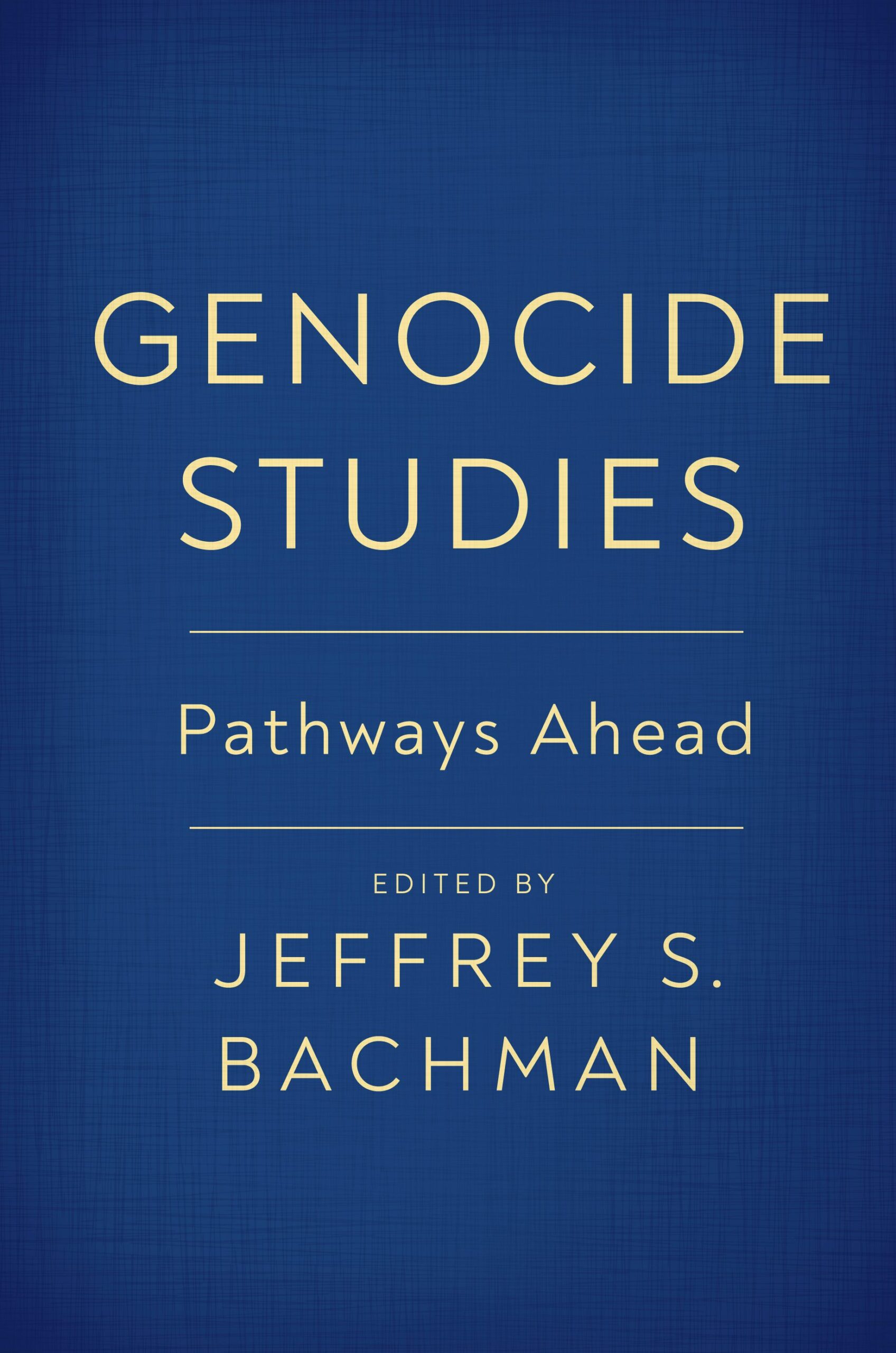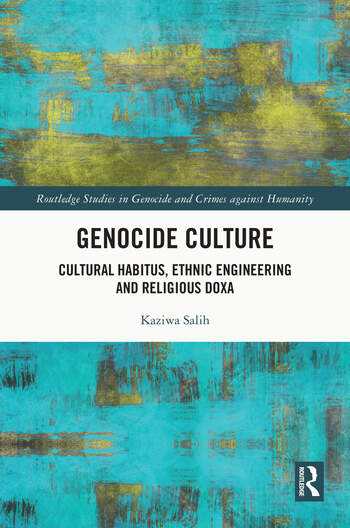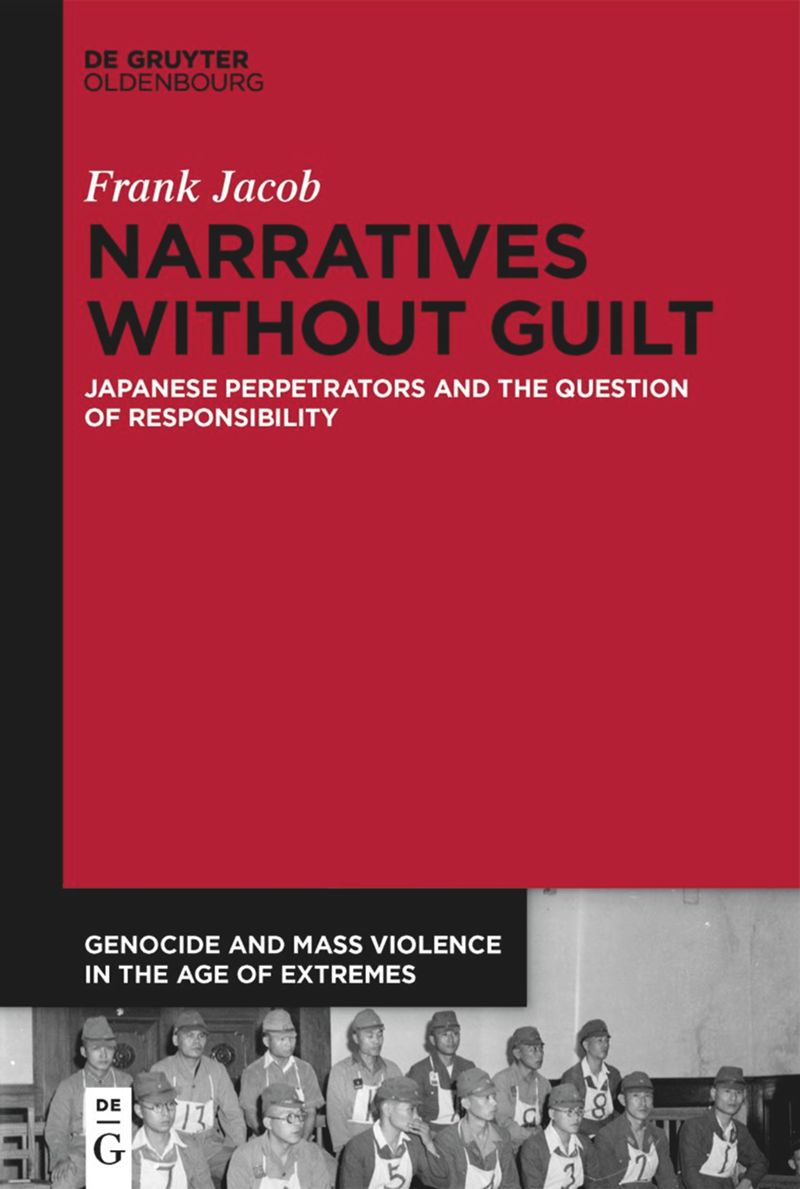Books

Memory Politics after Mass Violence: Attributing Roles in the Memoryscape
By Timothy Williams. This book explores how political actors draw on memories of violent pasts to generate political power and legitimacy in the present. Drawing on fieldwork in post-violence Cambodia, Rwanda and Indonesia, the book demonstrates in what way power is derived from how roles are assigned, exploring who is deemed a perpetrator, victim or…
Read more
Atrocity: A Literary History
By Bruce Robbins. Exploring literary representations of mass violence, Bruce Robbins traces the emergence of a cosmopolitan recognition of atrocity. Mass violence did not always have a name. Like conquest, what we think of now as atrocities have not always invited indignation or been seen to violate moral norms. Venturing from the Bible to Zadie…
Read more
The Routledge Companion to Terrorism Studies: New Perspectives and Topics
Edited by Max Abrahms. Although the literature on terrorism is vast, there are many holes in it. This book helps to fill these lacunae with entries from top terrorism scholars and counterterrorism practitioners in the world. Grouped thematically by terrorist actors, conflict zones, major attacks, terrorist behaviors, militant group dynamics, terrorist consequences, and counterterrorism approaches,…
Read more
Hitler’s Twilight of the Gods: Music and the Orchestration of War and Genocide in Europe
By Alexandra Birch. Music was an integral part of statecraft and identity formation in the Third Reich. Structured thematically and semiotically around the Wagnerian tetralogy of the Ring cycle, Hitler’s Twilight of the Gods provides a sonic read of the Second World War and the Holocaust. Alexandra Birch sheds light on the specific type of music promoted under Nazism,…
Read more
Conversations with Third Reich Contemporaries: From Luke Holland’s Final Account
By Stefanie Rauch. Conversations with Third Reich Contemporaries presents a selection of excerpts from a recently opened collection of filmed interviews conducted by British documentary filmmaker Luke Holland (1948-2020). Most of the interviewees were young adults when the war ended. Some of them, or their families, had benefited materially through ‘Aryanisation’, Party-facilitated careers or exploiting forced…
Read more
Persecution and Genocide: A History
By Gervase Phillips. This volume offers an unparalleled range of comparative studies considering both persecution and genocide across two thousand years of history from Rome to Nazi Germany, and spanning Europe, Asia, Africa, and the Americas. Topics covered include the persecution of religious minorities in the ancient world and late antiquity, the medieval roots of…
Read more
Genocide Studies: Pathways Ahead
Edited by Jeffrey S. Bachman. In recent years, the world has been shaken by numerous events that have caused and continue to cause massive human suffering, from the COVID-19 pandemic to intrastate and interstate armed conflicts. Moreover, climate change continues to plow ahead, contributing to growing tensions, population movements, and resource scarcity. Meanwhile, the methods…
Read more
Genocide in the Modern Age: State-Society Relations in the Making of Mass Political Violence
By Zachary A. Karazsia. This book explores why some episodes of mass political violence and genocide are so much deadlier than others and under what conditions perpetrators in government and society opt for brutality as a means of accomplishing their goals. Introducing the new concept of “mass political violence” to explain genocide and other mass killings…
Read more
Genocide Culture: Cultural Habitus, Ethnic Engineering and Religious Doxa
By Kaziwa Salih. This book considers different stages of Kurdish history, oppression, and genocide through a critical lens, offering an historiography of Iraq and colonialism. Divided into two parts, the first part conceptualizes the coined term “genocide culture” and examines dominant Iraqi cultural practices that fostered genocide. The second part contextualizes the experiences of the Kurdish…
Read more
Narratives Without Guilt: Japanese Perpetrators and the Question of Responsibility
By Frank Jacob. During the Second World War Japanese soldiers committed several different war crimes, including the kidnapping and raping of women or the mistreatment of POWs. In relation to the war crime trials after 1945 these perpetrators were interviewed by the Allied powers and could reflect on their acts during the war. How they…
Read more
